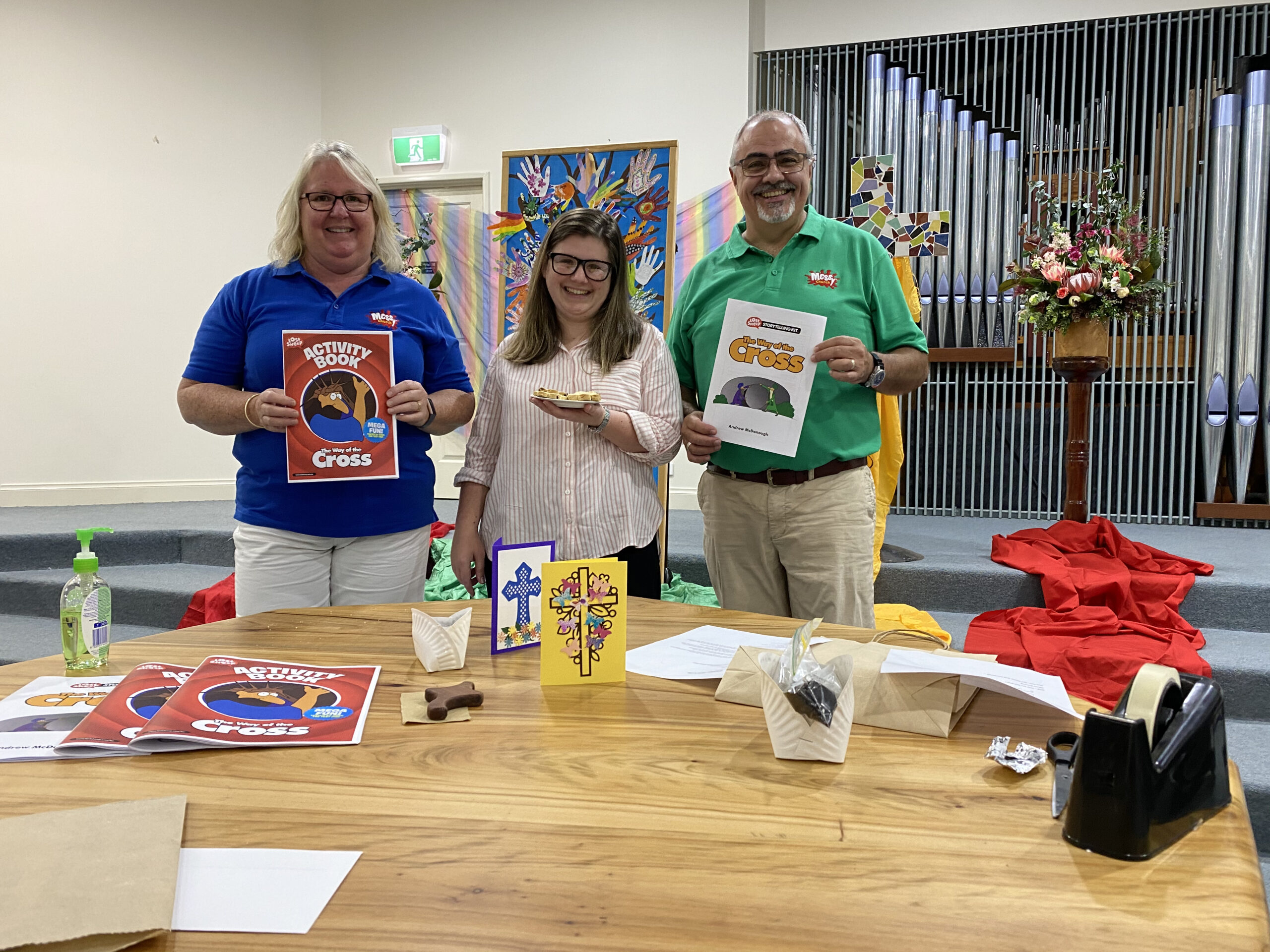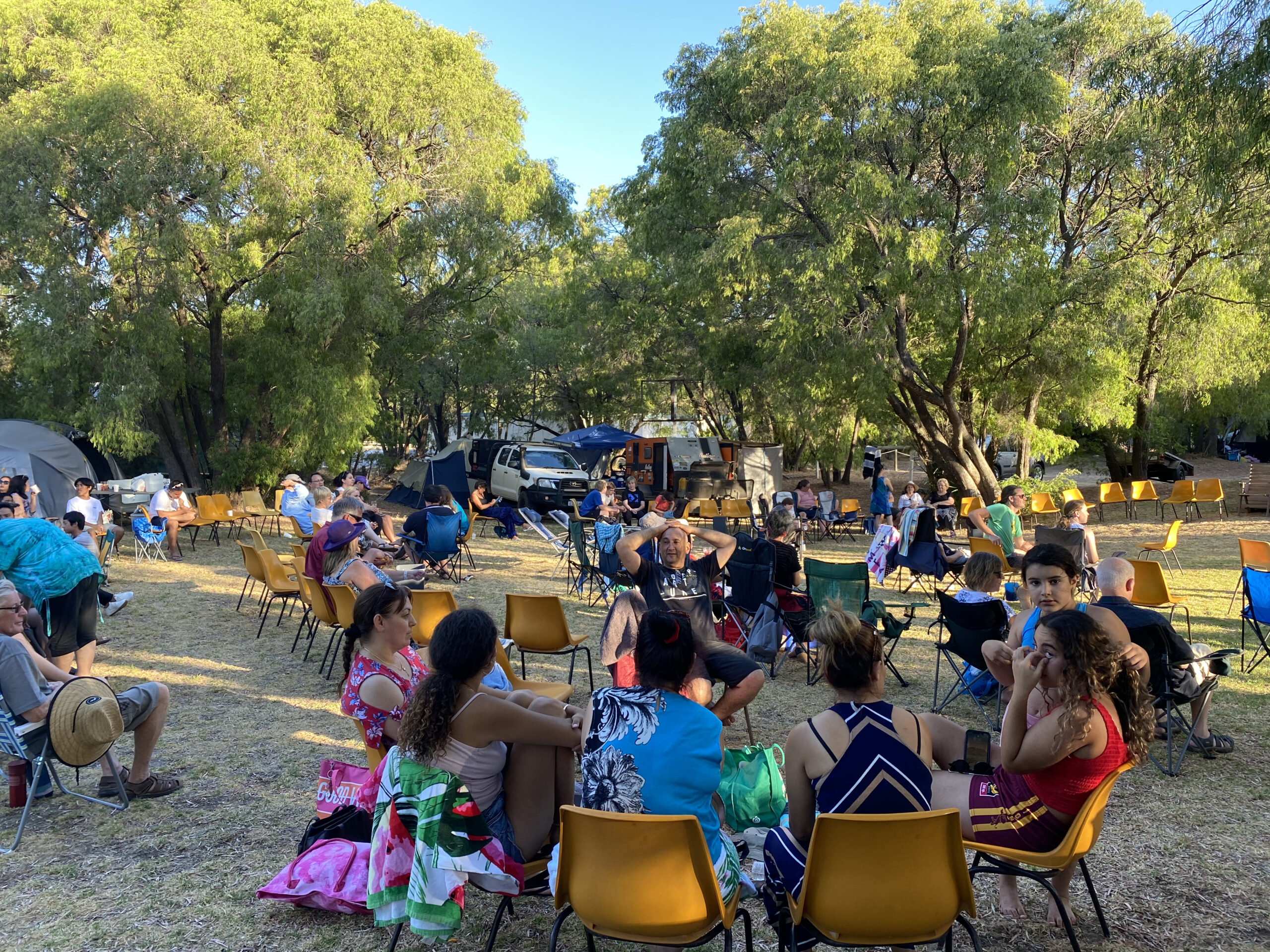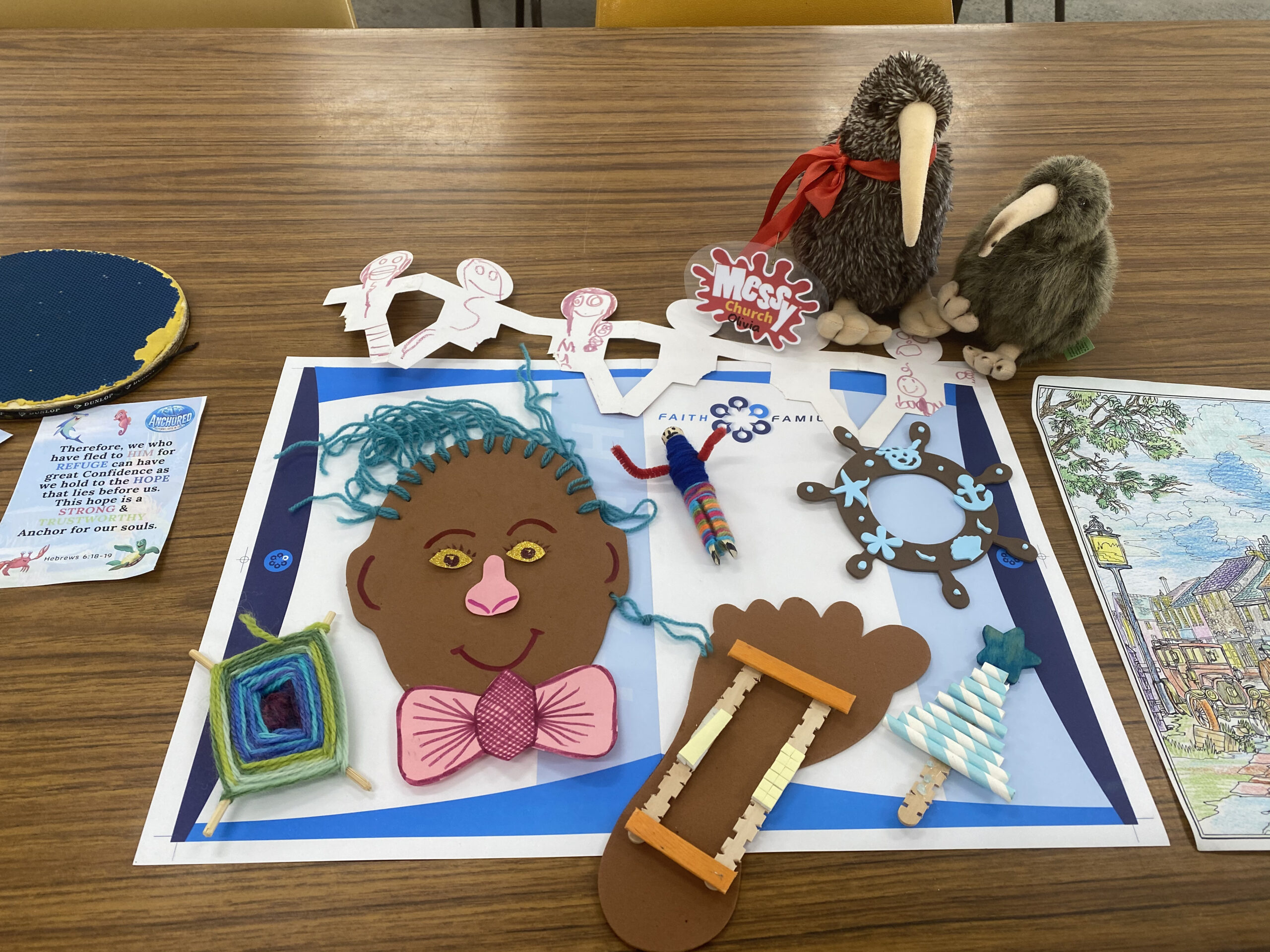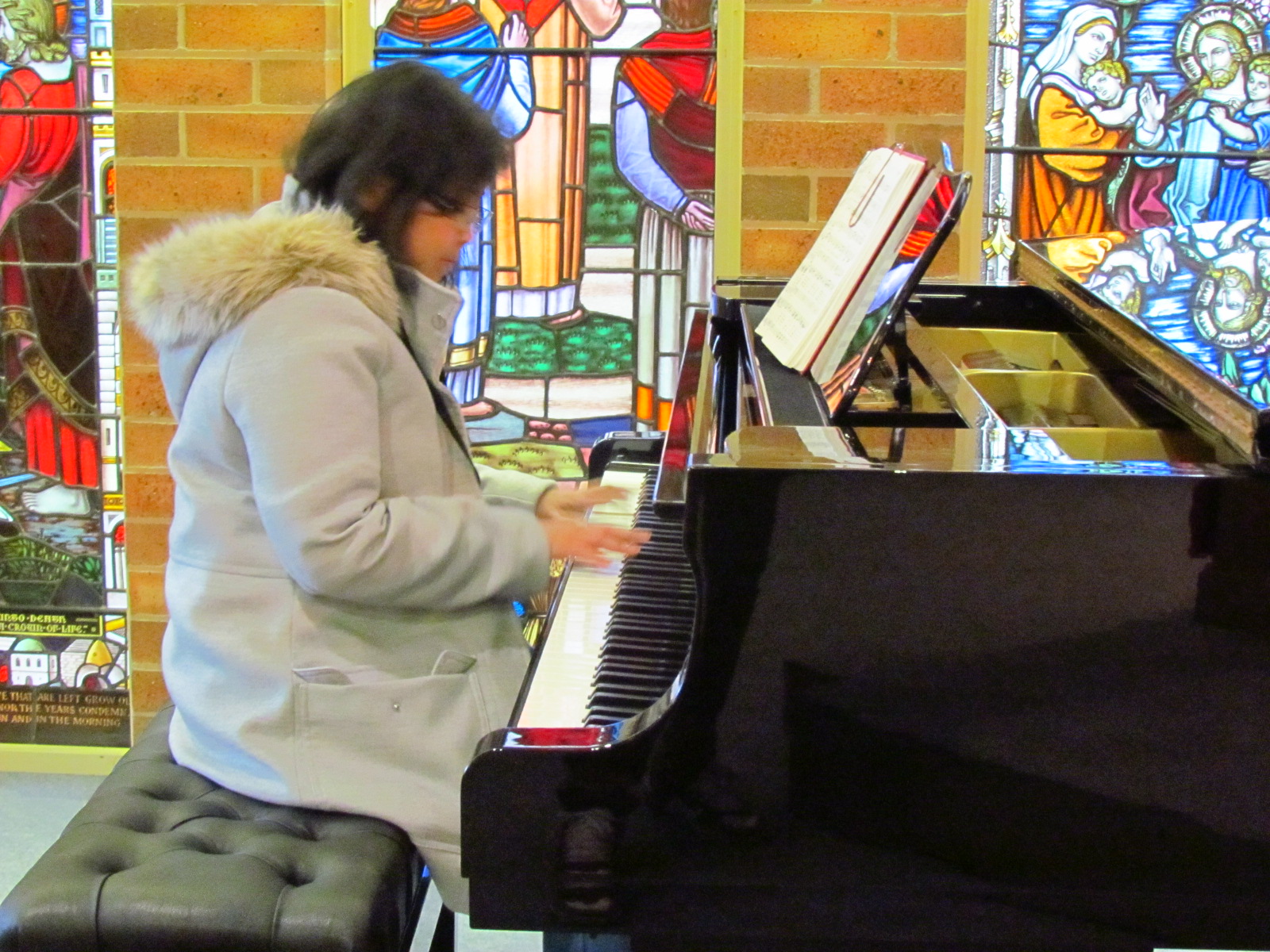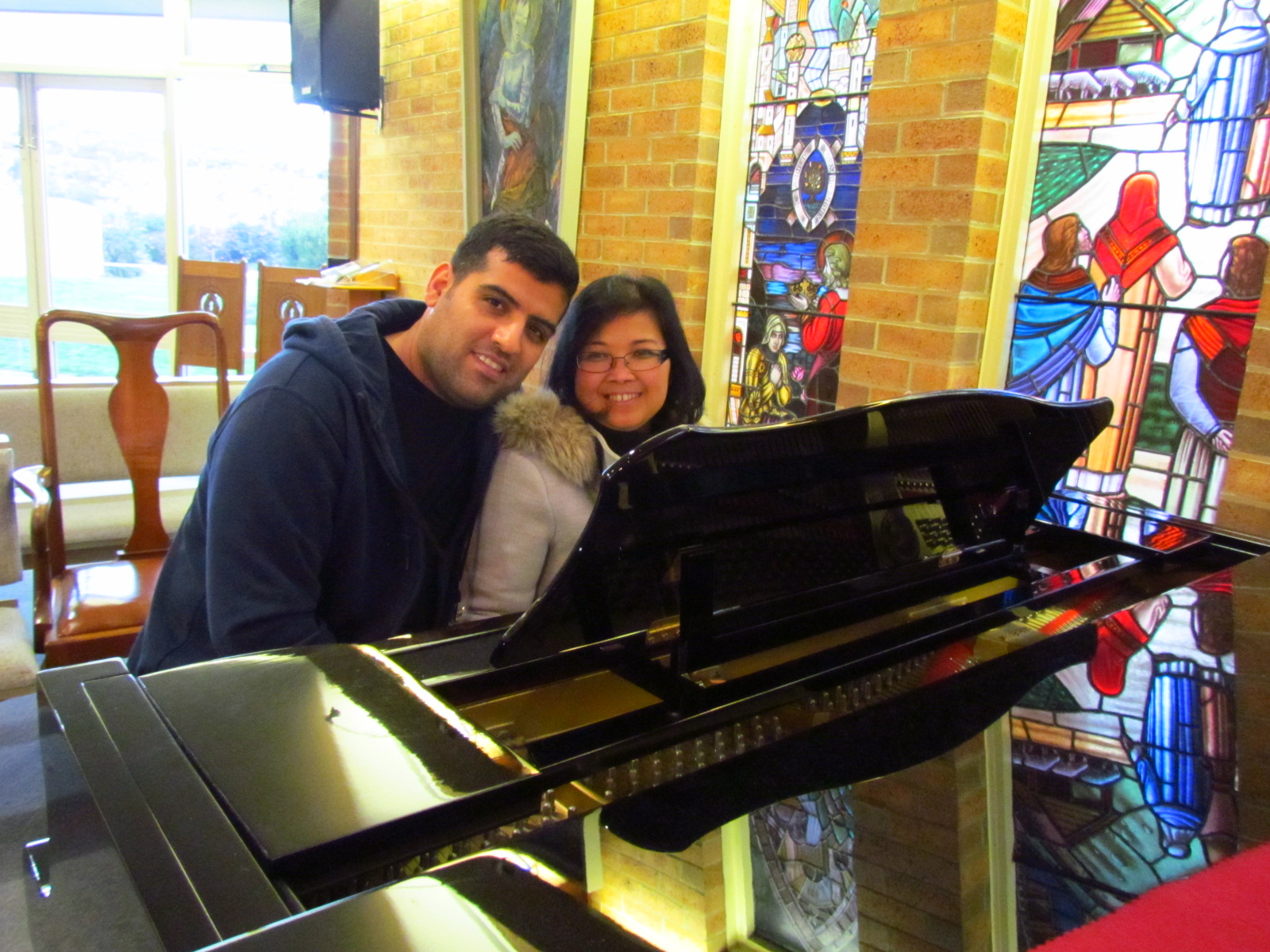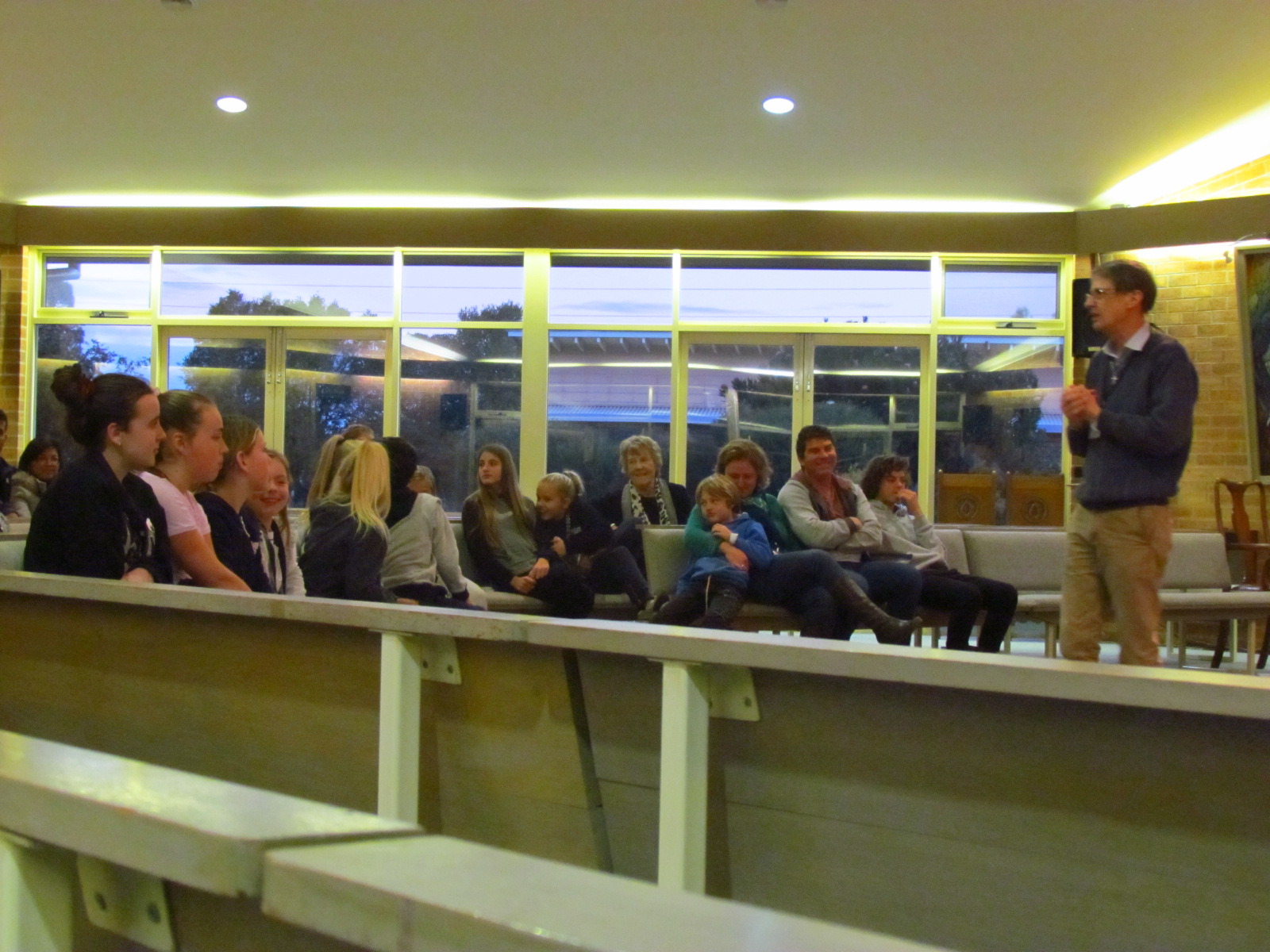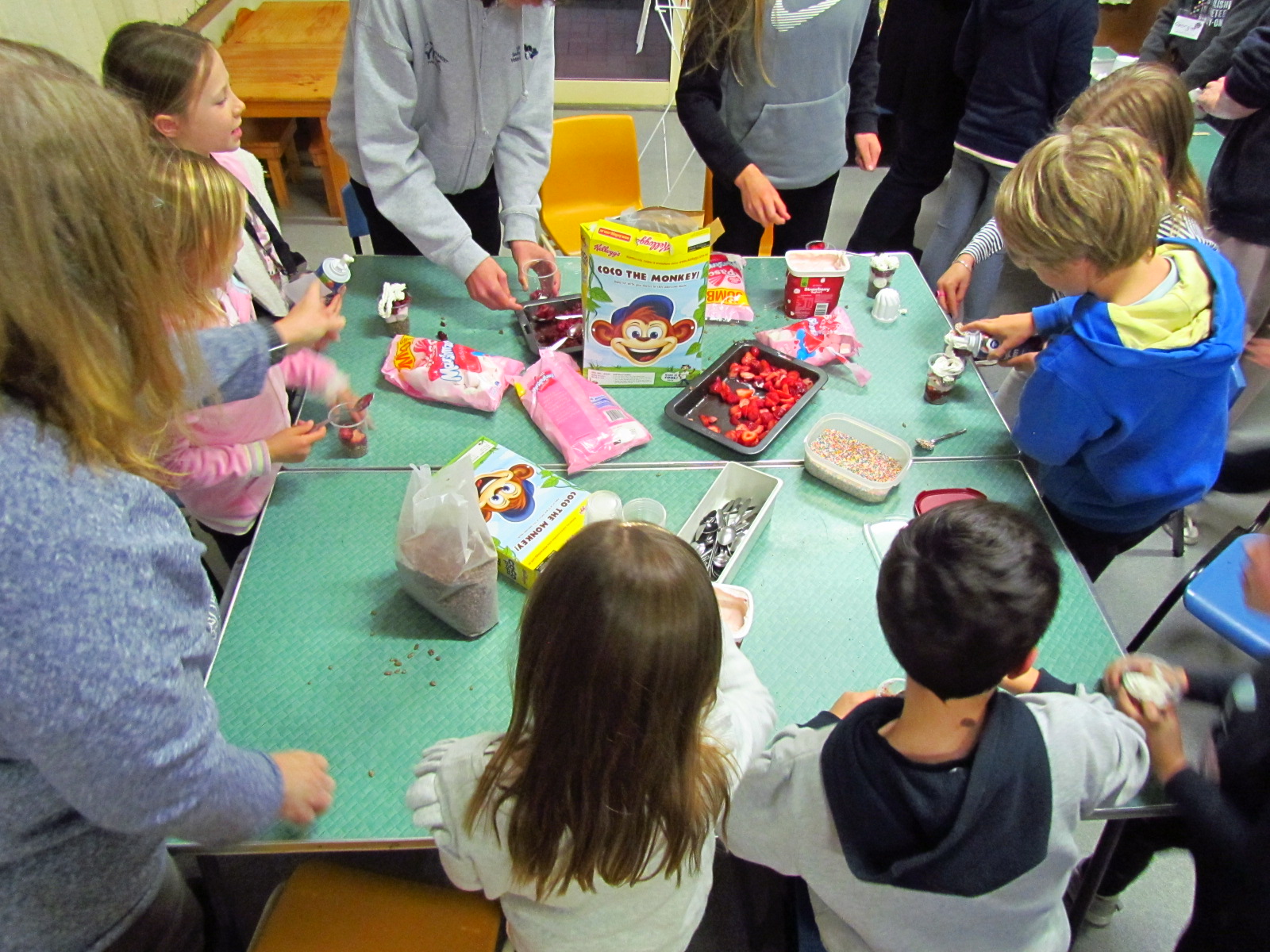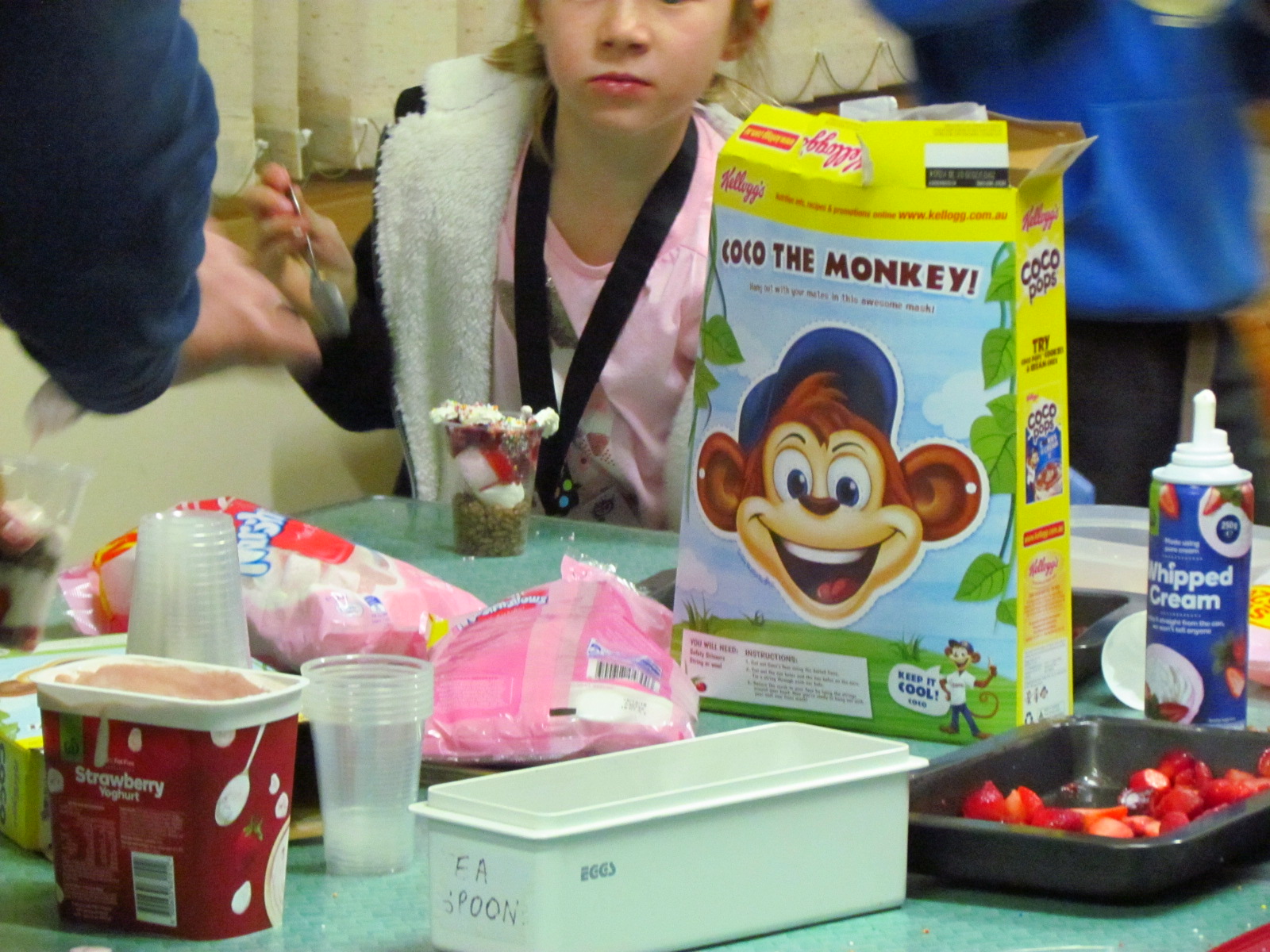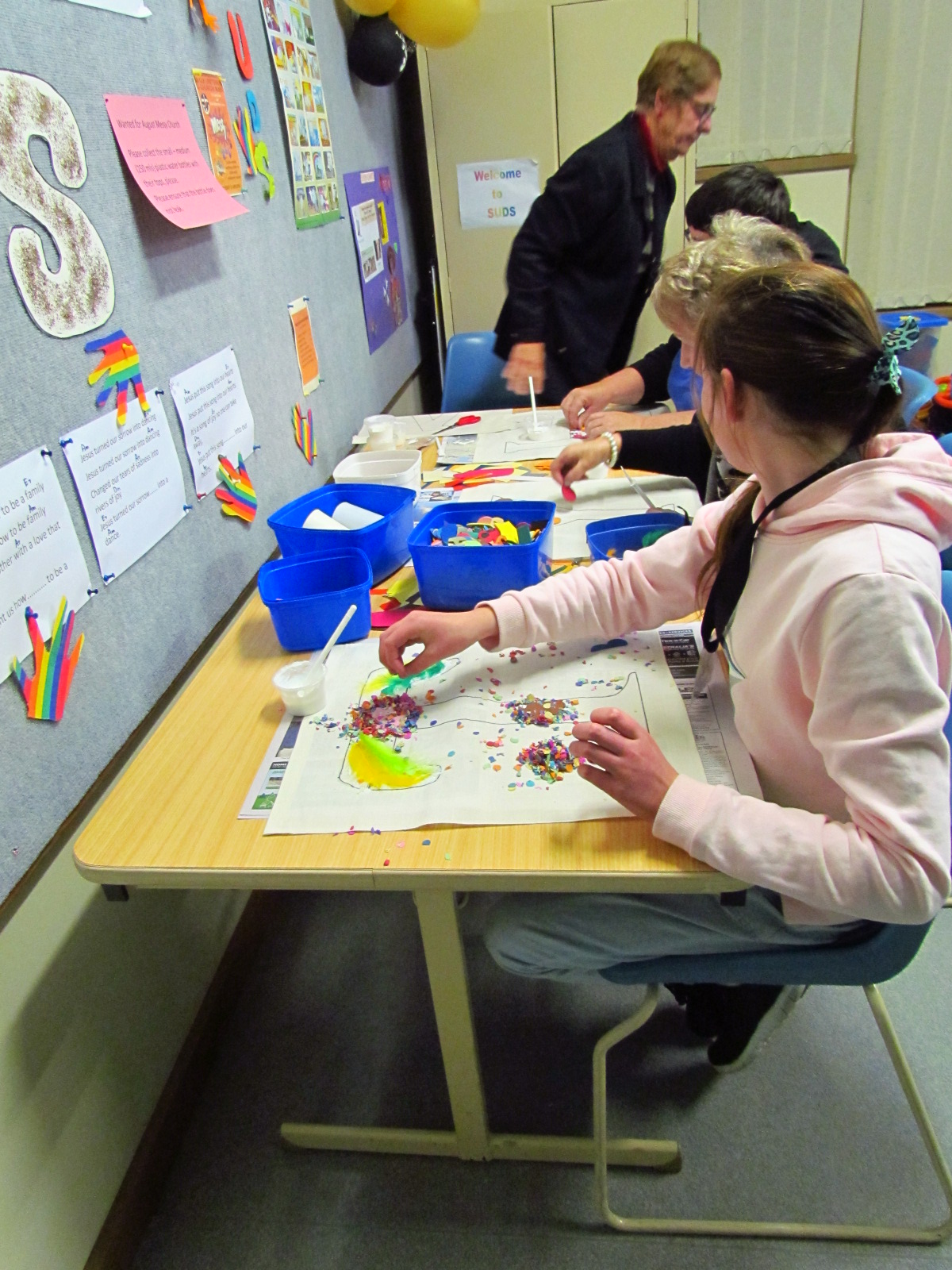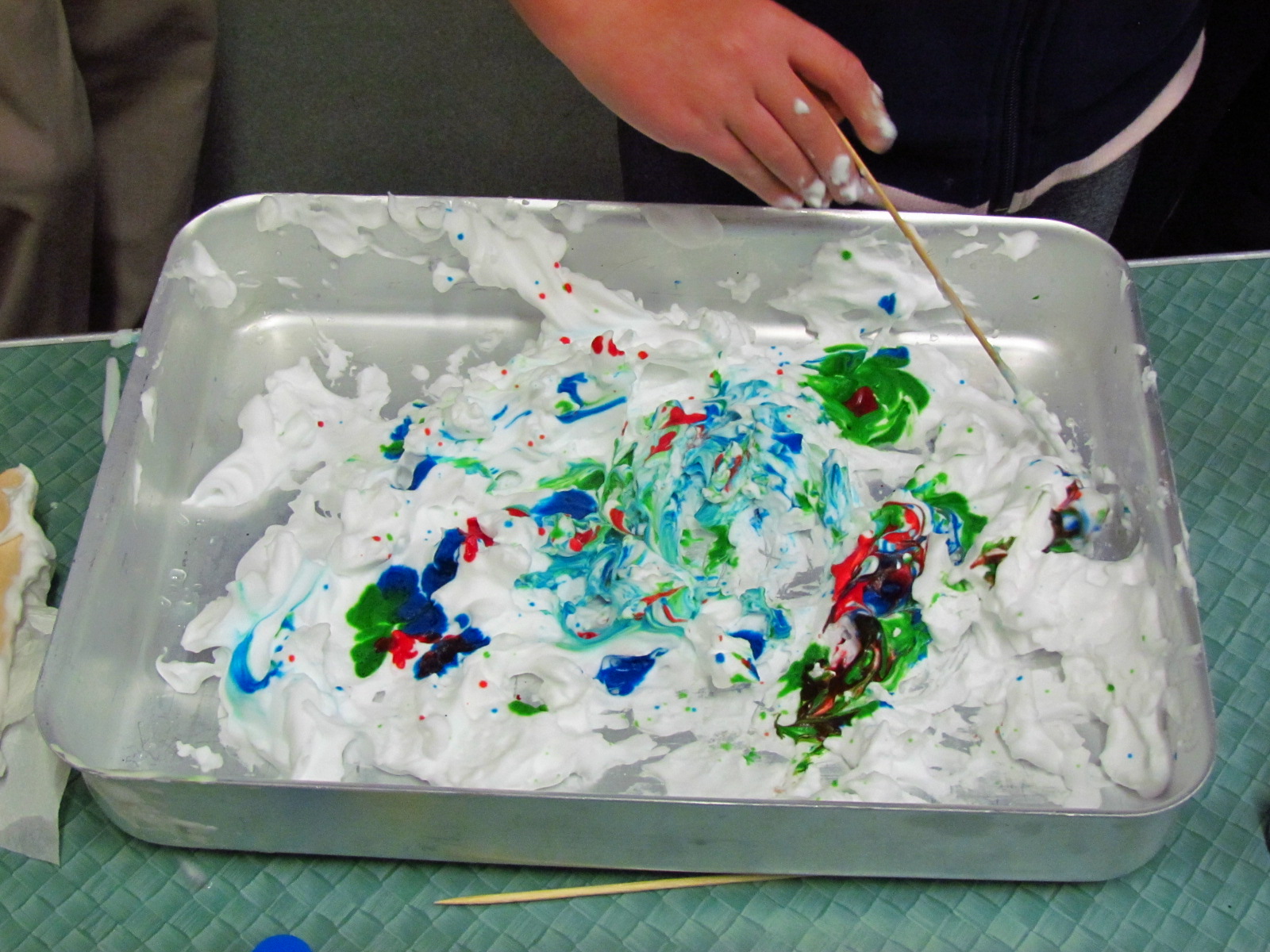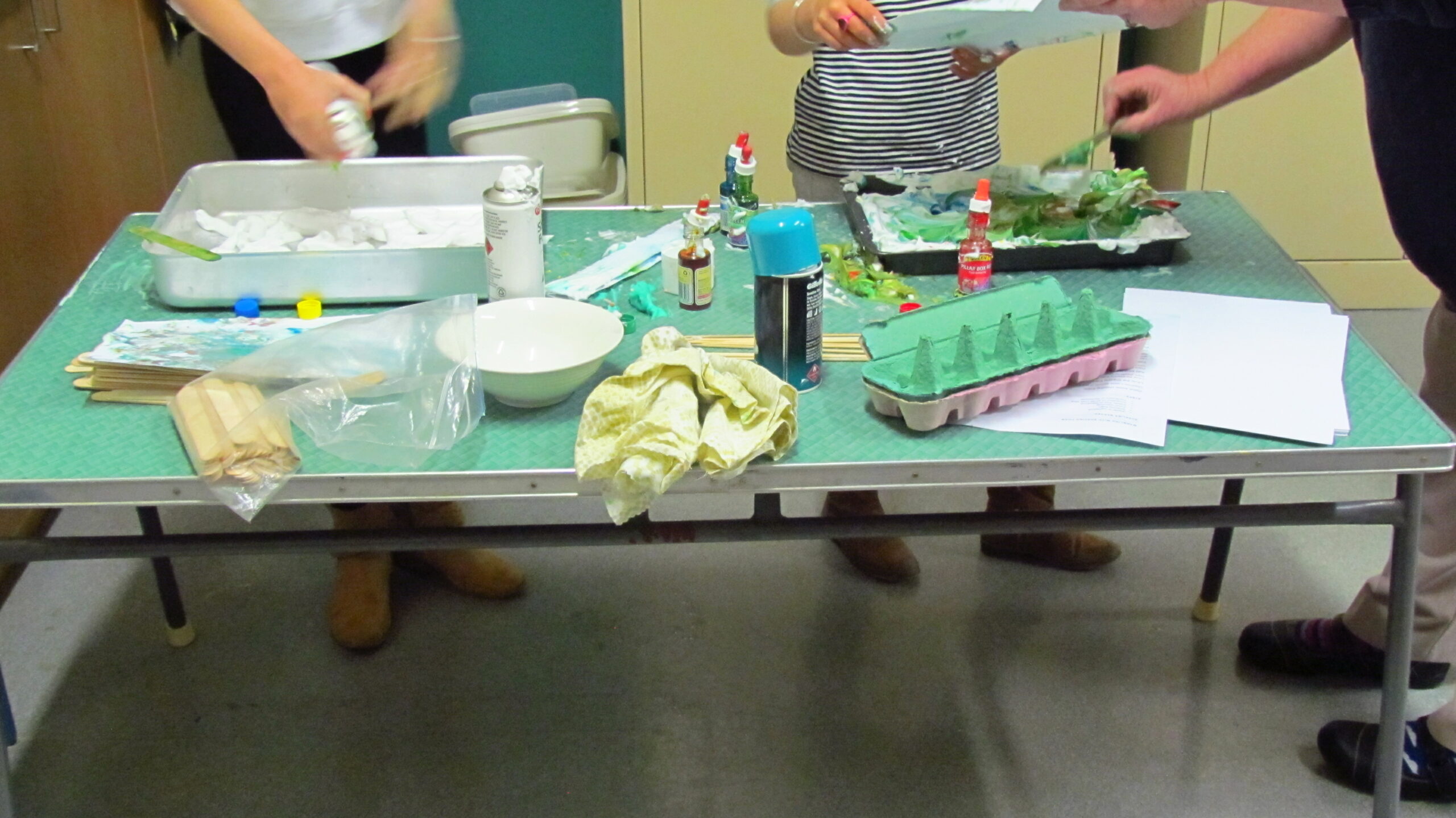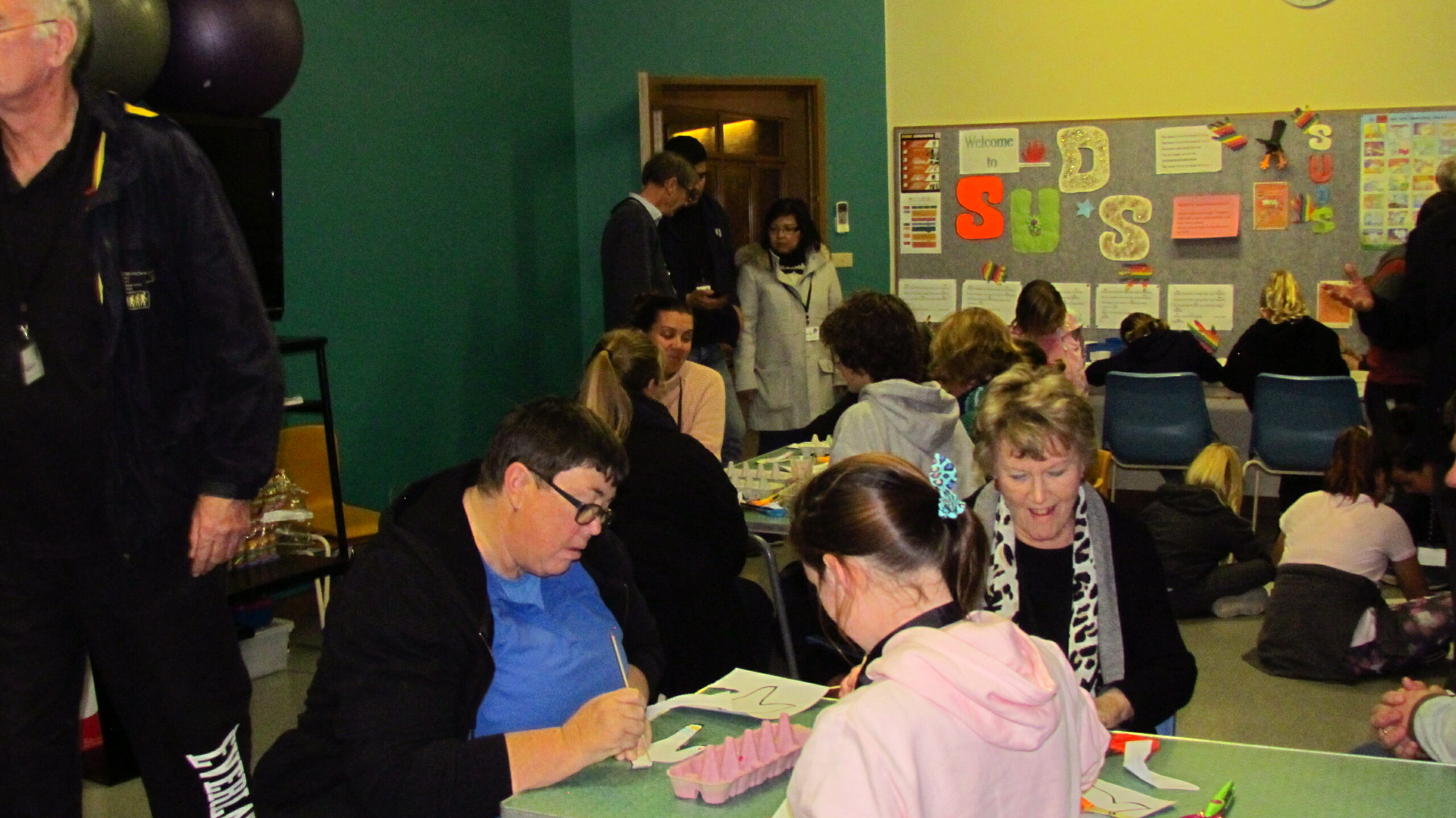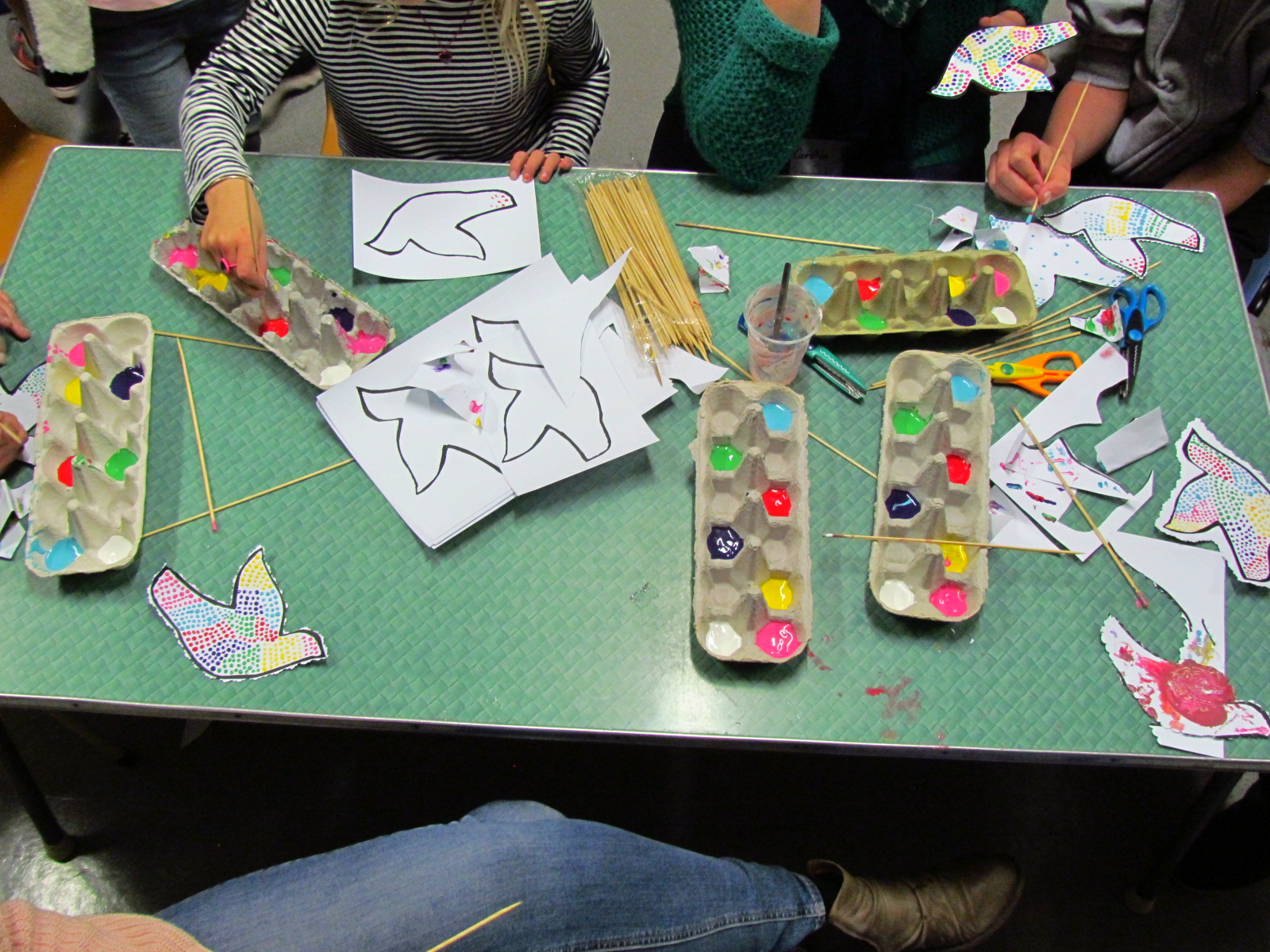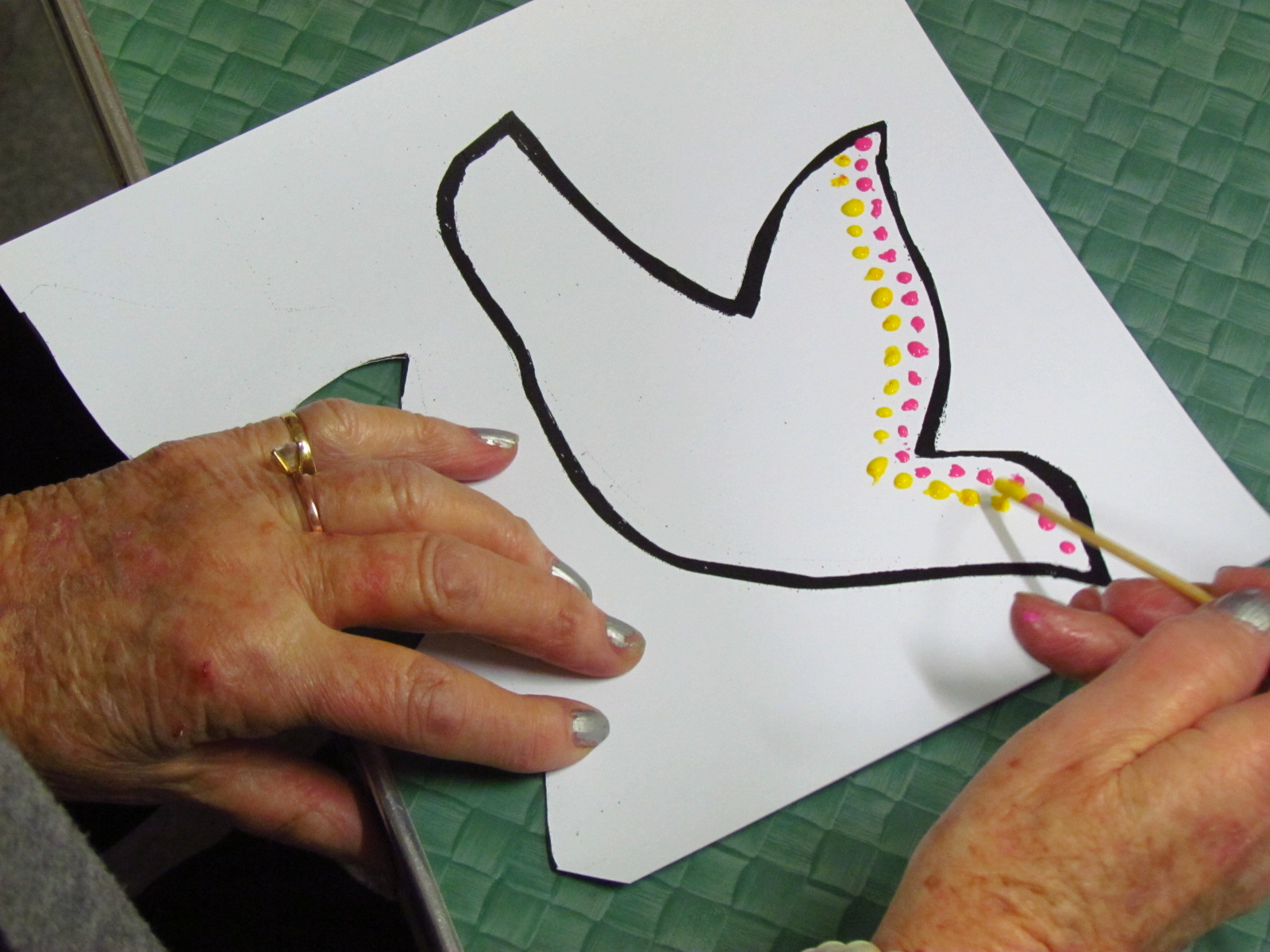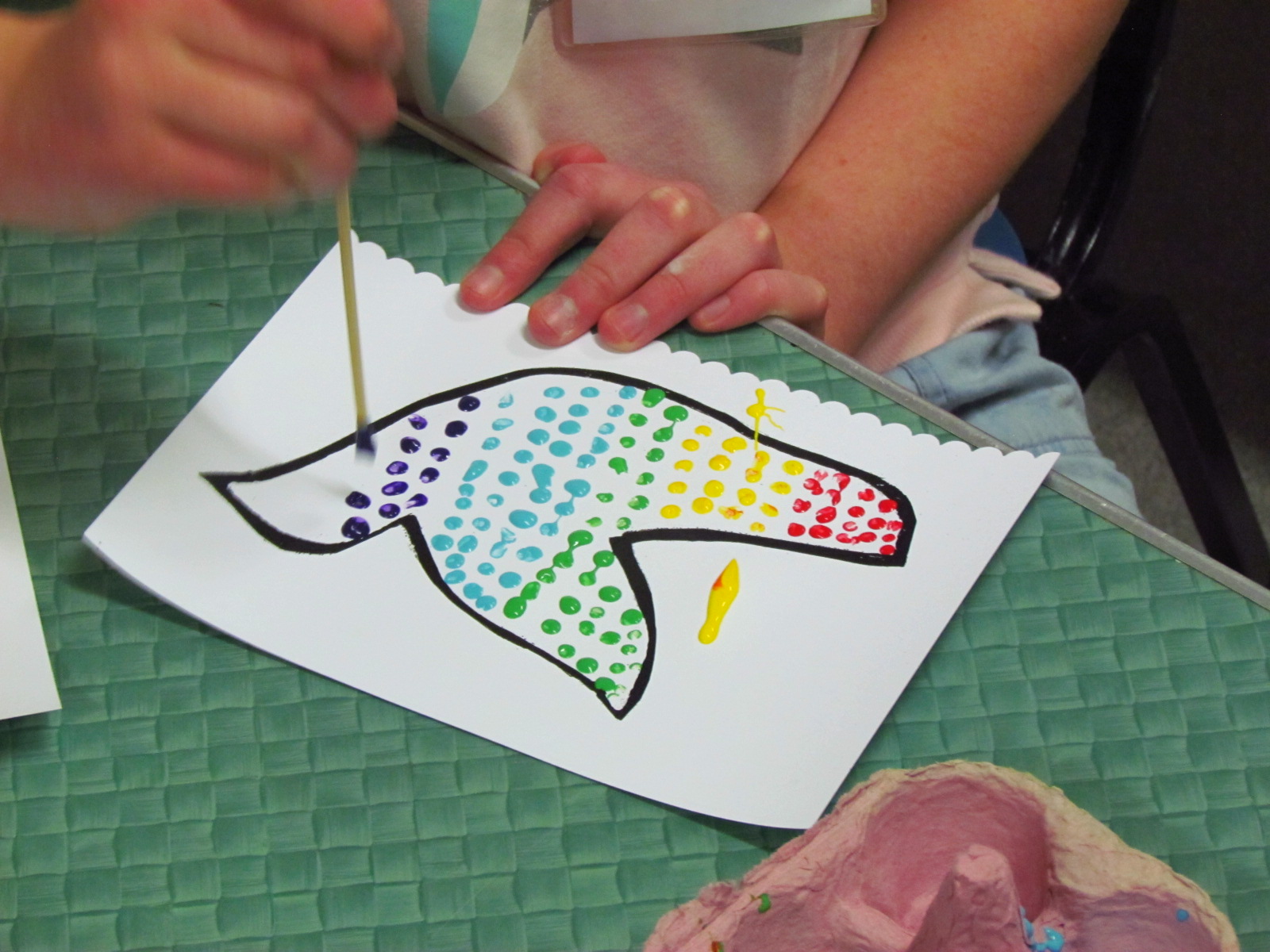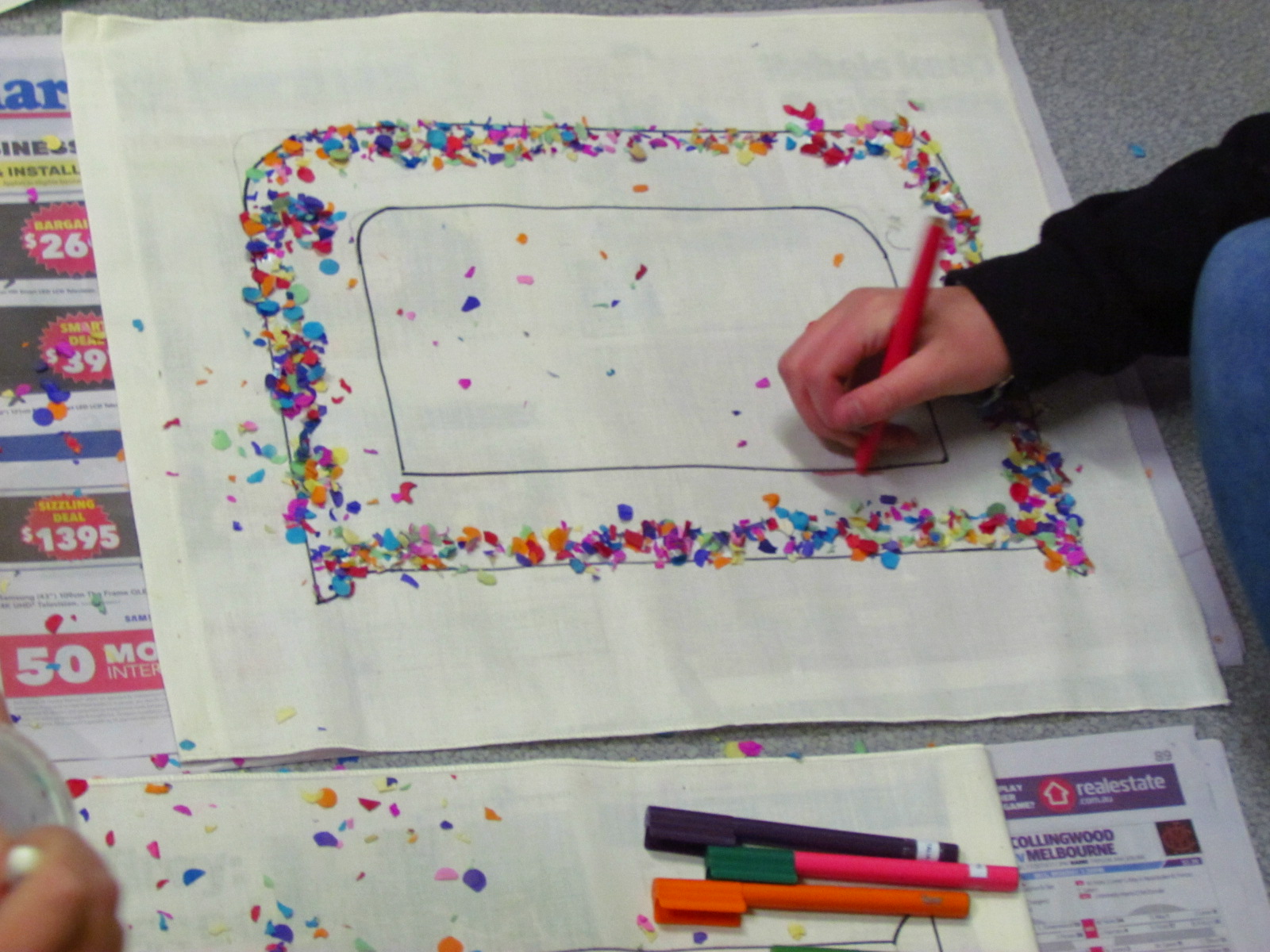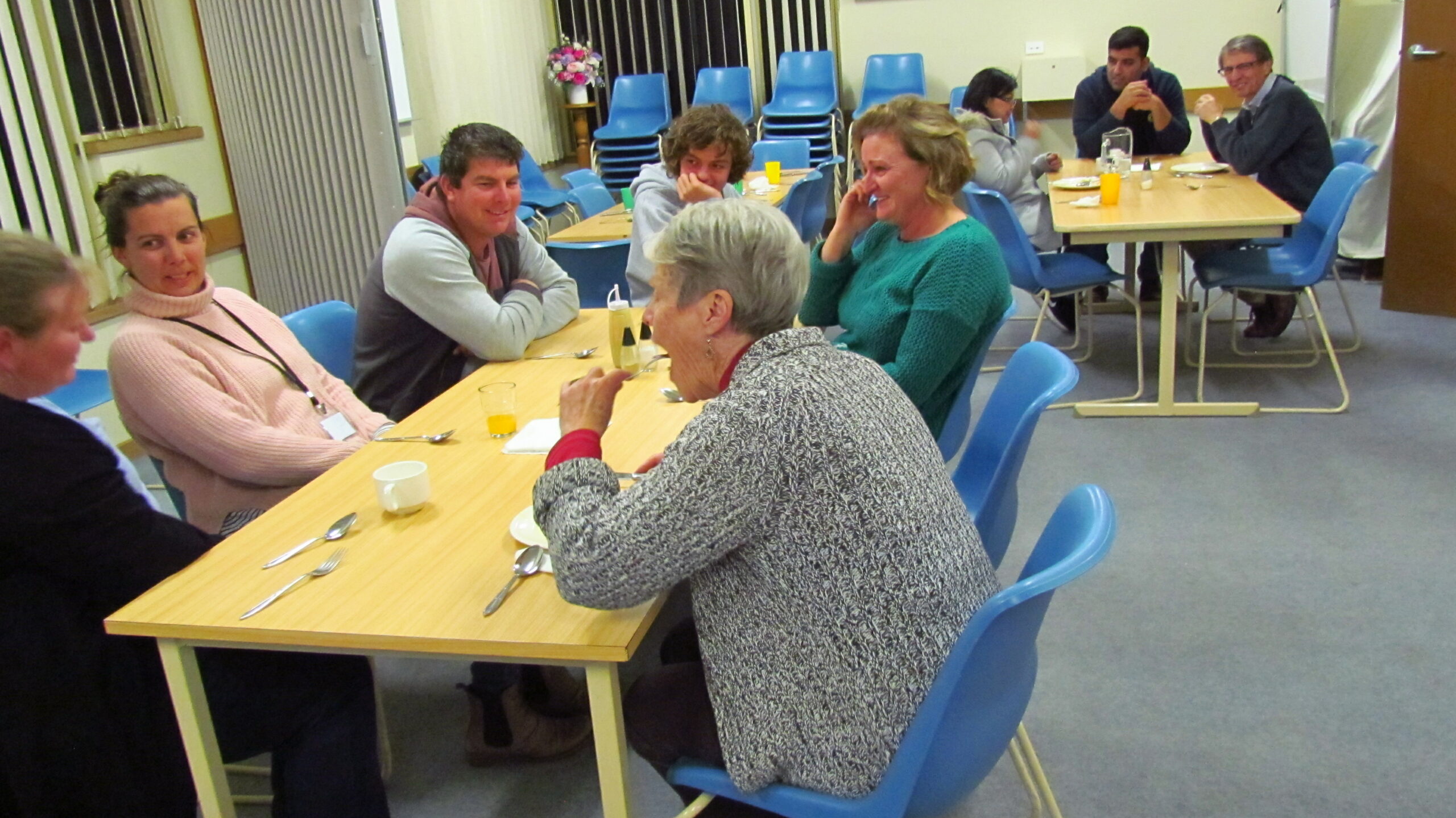Discipleship goes Messy
Since beginning its life in Australia in 2010, Messy Church has thrived as a creative, practical model for local congregations and communities seeking to nurture faith and grow disciples across generations.
A typical Messy Church meets monthly and uses a combination of hands-on activities to explore biblical stories and themes, intentional celebration and community time, and shared meals to build relationships and grow disciples.
Founded in the UK in 2004 to engage families and others with no established connection to more traditional forms of church, there are now over 3700 Messy Church communities in 30 countries.
According to a 2021 report of the National Church Life Survey, more than 90 of these are in the Uniting Church – the highest number of any Australian denomination. Some have been running for as long as ten years.
Melissa Neumann is the Intergenerational Discipleship Developer for Mission Resourcing with the Synod of South Australia. As the Regional Coordinator for Messy Church in SA and a member of the National Messy Church team, Melissa supports, trains, and networks Messy Church leaders and teams.
She says that one of the gifts of Messy Church is its facilitation of genuinely intergenerational ministry and practice, creating a place where people of different ages interact and engage as they explore faith.
“For my family, we can worship together creatively without needing to sit still for any length of time. Yes, the worship looks different from a more typical Sunday morning, as we explore the Bible through activities, crafts, games, and conversations. Often Messy Church is held in the late afternoon and includes dinner which often fits well into families’ routines.”
“Messy Church by its very nature enables spaces for people of different generations to share as they engage in activities about our faith. The sharing, serving, praying can all be mutual as people learn and grow together – as people of all ages engage together in discipleship.”
Rather than prioritising either the needs of children or adults, the shape and culture of Messy Church intentionally seek to nurture an all-age community. Many have age-diverse leadership teams. This approach often means that Messy Church is a ministry to whole families, fostering faith formation in adults and children and placing faith in the context of family identity.
There is no assumption that it is a gateway to more traditional forms of church – it is church itself.
“‘All-age’ is one of Messy Church’s key values. Every team should be inviting people of different ages to lead, leadership teams should plan activities around different ages, and everyone should be open to learning, sharing, praying and celebrating with others of different ages.”
“As with all models of church, this may not always occur, but it’s a great goal. And the shape of Messy Church more easily enables intergenerational relationships to grow.”
“Messy Church has five key values: Christ-centered, all-age, hospitality, celebration, and creativity. Team members are encouraged to live into these values, centre them in planning, and weave them through the ministry of their Messy Churches.”
“These values are helpful for any church to reflect on, particularly in preparing worship with a variety of ages,” said Melissa.
In exploring discipleship through Messy Church, some teams have included communion and baptism in their services, some have celebrated weddings with their Messy Church communities and others have moved beyond their gathered worship service and used the Messy Church values as they engage with the wider community at local events.
Particularly in regional towns, some Messy Churches are also ecumenical with different denominations working together to nurture faith and discipleship in a common region.
Find out more about Messy Church Australia and find a Messy Church near you.
Image gallery with thanks to Greg Ross and Messy Church Australia on Facebook.

